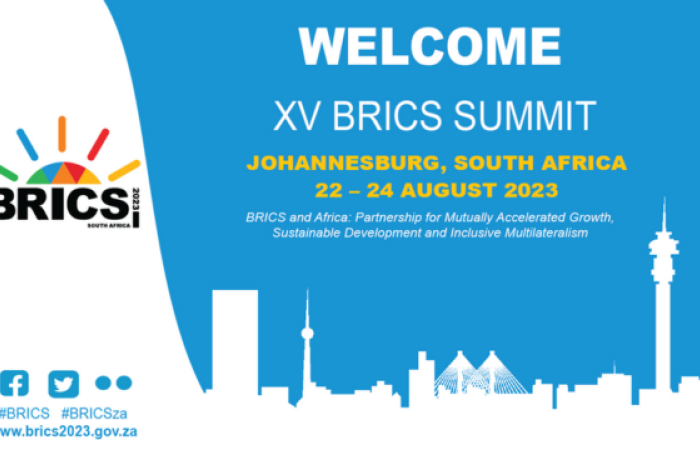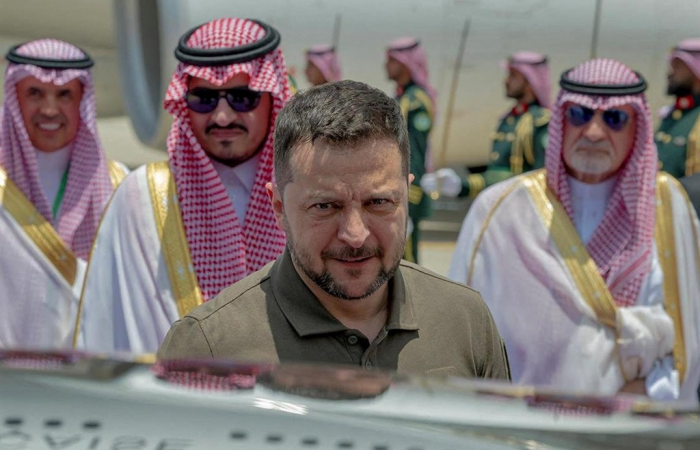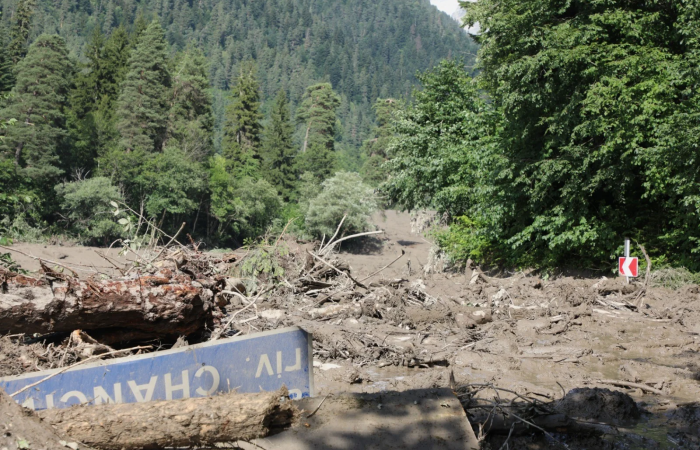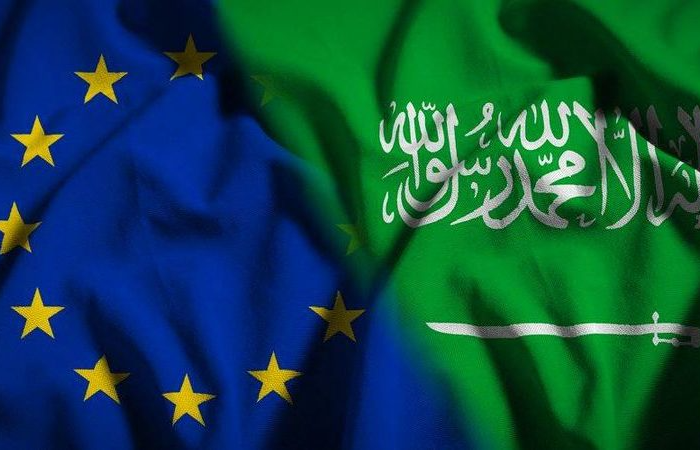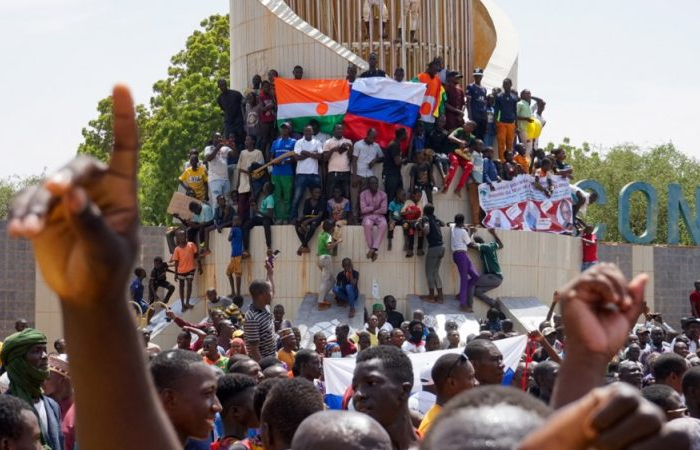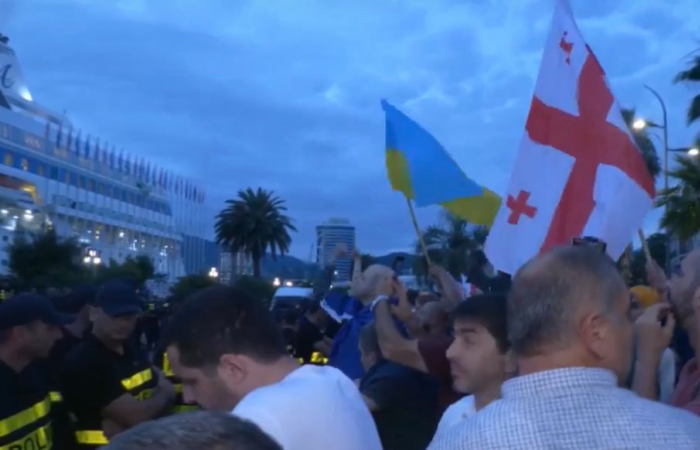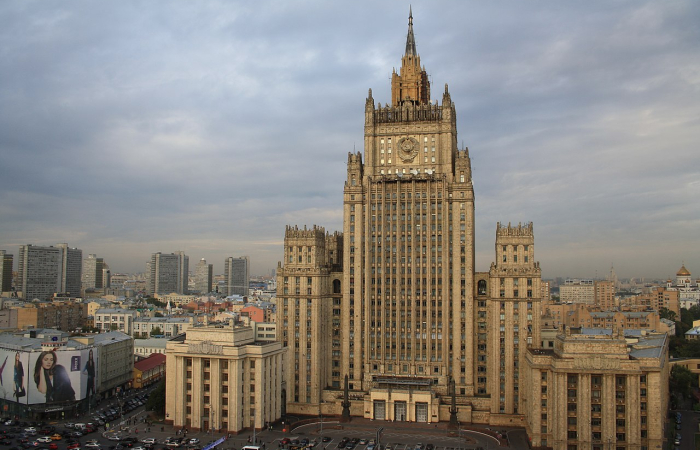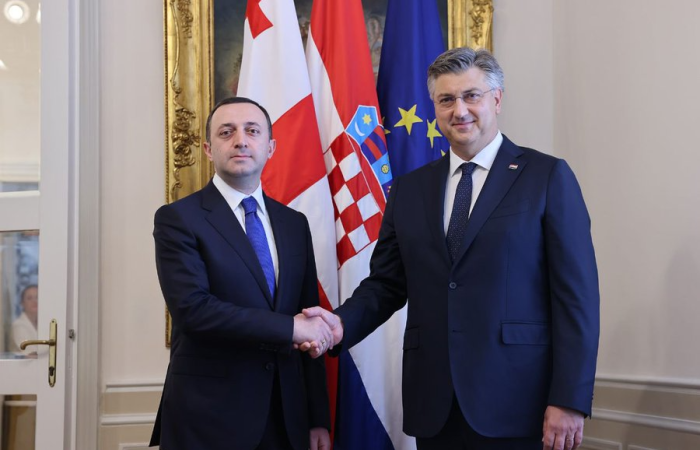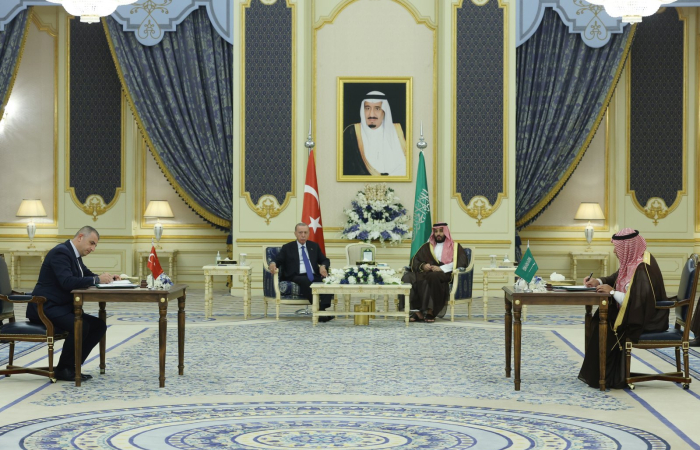Editor's choice
This is a members’ functionality. Please
Sign upNews
Trending
BRICS leaders invite six countries to join the group at the end of their summit in South Africa
24 August 2023
The summit of BRICS - the group bringing together Brazil, China, India, Russia and South Africa concluded this morning with an invitation to six countries to join as from 1 January 2024.
Speaking at a briefing at the end of the summit, the president of host country South Africa, Cyril Ramaphosa, said
"We reiterate our commitment to inclusive multilateralism and upholding international law, including the purposes and principles enshrined in the United Nations Charter. We are concerned about ongoing conflicts in many parts of the world. We stress our commitment to the peaceful resolution of differences and disputes through dialogue and inclusive consultation." Ramaphosa said that BRICS is a diverse group of nations.
"It is an equal partnership of countries that have differing views but have a shared vision for a better world."
"As the five BRICS countries, we have reached agreement on the guiding principles, standards, criteria and procedures of the BRICS expansion process, which has been under discussion for quite a while.
We have consensus on the first phase of this expansion process, and further phases will follow.
We have decided to invite the Argentine Republic, the Arab Republic of Egypt, the Federal Democratic Republic of Ethiopia, the Islamic Republic of Iran, the Kingdom of Saudi Arabia and the United Arab Emirates to become full members of BRICS. The membership will take effect from 1 January 2024."





